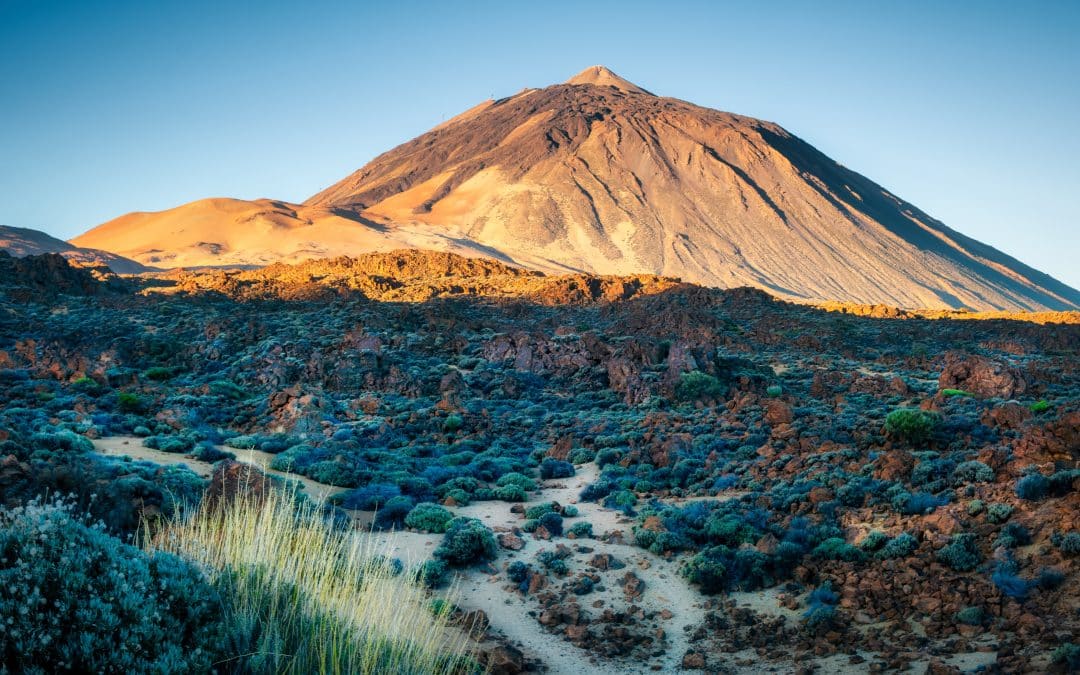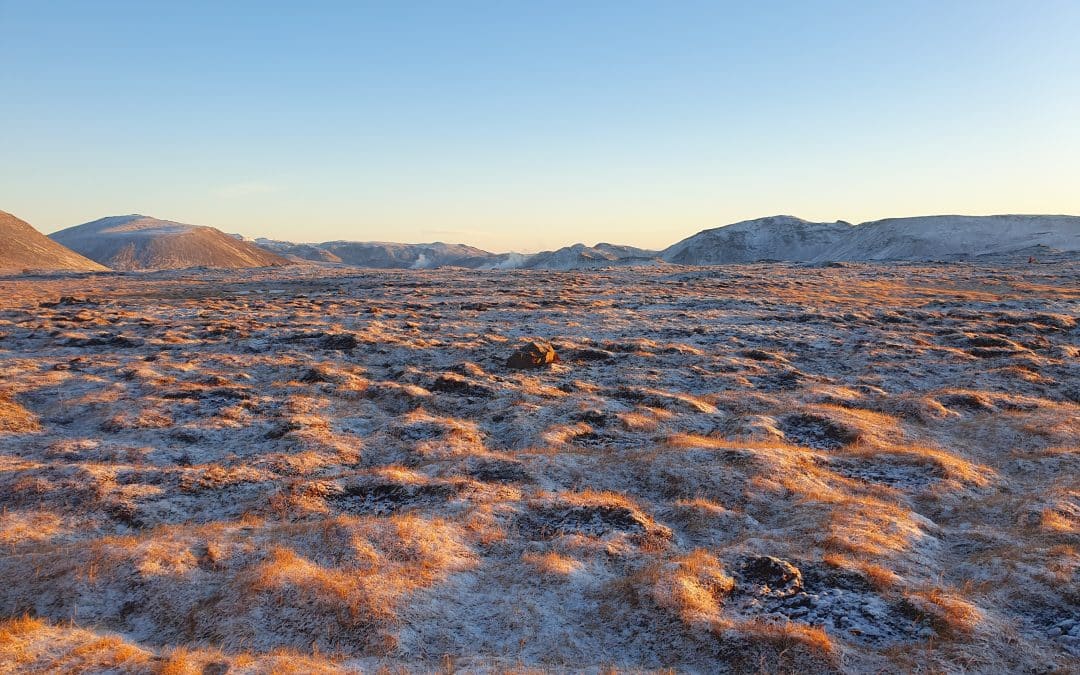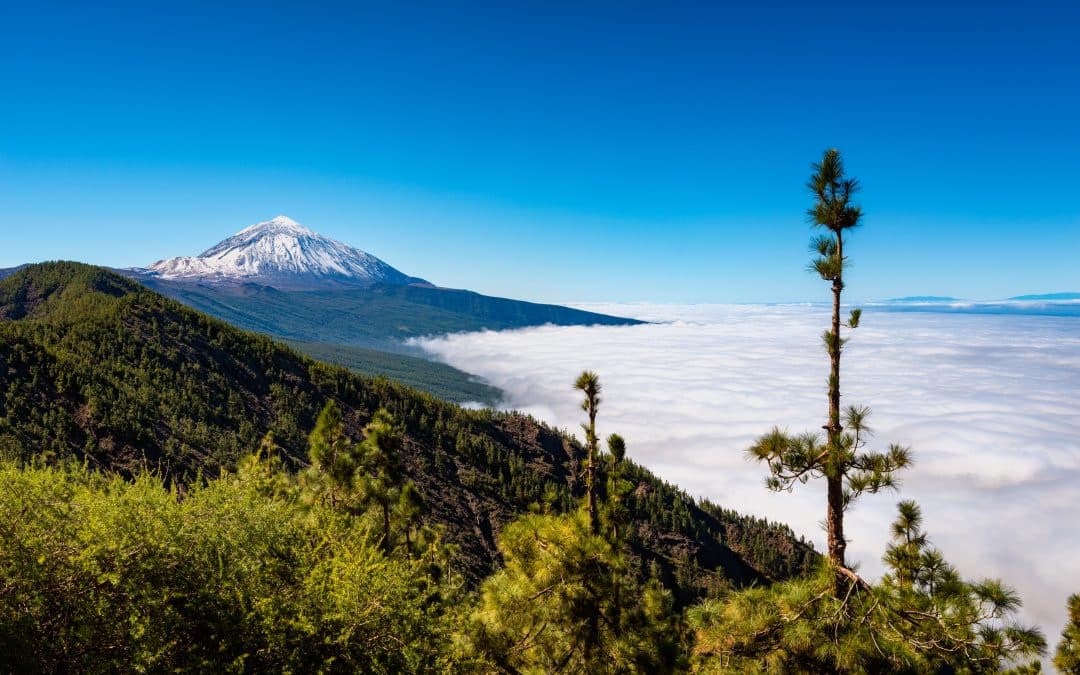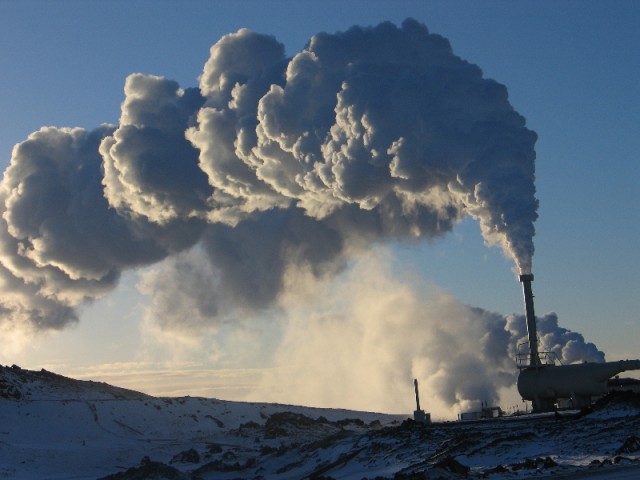Michael Philipp, Board Chairman and one of the principal owners of Reykjavík Geothermal (RG), was among the guests, who attended the Arctic Circle Conference, held at Harpa Conference Centre, this past weekend.
RG recently concluded an agreement with the Ethiopian Government to build and operate there a geothermal power plant with a productive capacity of up to 1,000 megawatts. The estimated project investment is 4 billion U.S. dollars or roughly 500 billion Icelandic krona.
A Banker with Vast Experience and Expertise Becomes a Trail Blazer
“Both the U.S. Government and the African Development Bank participate in this project in Ethiopia”, says Michael Philipp. He is no stranger to large sums of money, because before moving into the energy sector, he had during thirty years of successful service in banking, gained valued standing in such financial institutions as Merrill Lynch, Credit Suisse, Goldman Sachs and Deutsche Bank. He is also a member of the Board of the World Wildlife Fund.
”During my last 15 years in the financial sector, I worked mainly in the Middle East and Africa. When I stopped working for Credit Suisse in June of 2008, I founded the family firm Ambata, which specializes in clean energy and sustainability. It then became clear that it was important to focus on this part of the world.”
Phillip became acquainted with RG in Abu Dhabi, where his company offices and those of RG were located. “They explained to us that RG wanted to start development programs all over the world, especially in emerging markets. RG had worked with the governmental authorities in Kenya and hence we began our cooperation there. At the end of the year 2010, we decided to move our operations to Ethiopia.”
“Both the U.S. Government, in its implementation of ‘Power Africa‘ and the participation of the African Development Fund, which recently established a 10 billion dollar fund for energy investment, have contributed to the funding of the project.” He states that the funding will probably be completed sometime next year and the drilling of bore holes for testing will soon be started.
The First of Many Geothermal Energy Projects
He is convinced that the Ethiopian project is merely the first of many such undertakings that the firm will launch in Africa. “The current project will be implemented in two phases, whereby we will begin by constructing two 500 megawatt power plants. We believe that there are in Ethiopia about twenty thousand megawatts of exploitable geothermal energy and the same probably applies to Kenya. Other countries in the eastern part of Africa probably have access to less exploitable energy.”
He states that geothermal energy has, during the last two or three decades, been exploited in Kenya, where a few hundred megawatts of geothermal energy have already been harnessed, but there are currently plans at hand for the harnessing of ten thousand megawatts. “Progress has, however, been slow. Kenyans are expressive in their declarations, but they have not been very productive. When we discovered the slow pace of progress in Kenya, we decided that Ethiopia constituted a better alternative.”
Ethiopians have, on the other hand, been reluctant to allow foreign parties into the country to harness energy sources. “They have always done it themselves. But nevertheless, it was obvious that in the harnessing of geothermal energy and wind power they needed assistance. The energy industry enjoys a great deal of support within the government of the country, so that we do not need to worry about that aspect. But we needed, on the other hand, to convince the Ministry of Energy that it was a good idea to permit foreign parties to enter the country with their knowledge and financial resources, and how Ethiopia could profit thereby, and so forth.”
According to Philipp, Icelanders have done very well in this respect and therefore the Ethiopian government welcomed RG with open arms.
We Need to Sell Electricity to Europe
He says that the Ethiopian government plans to produce electricity by using its own geothermal energy. “We have advised them that there are many other uses open to geothermal energy. It may possibly not be obvious that there is no need to provide all year heating throughout the country, although this does not apply to the whole country.”
He says that Icelanders have so much geothermal energy and possibilities of producing electricity that the obvious thing to do is to lay a submarine cable across the sea to export electricity. “Aluminum smelting has perhaps reached its peak. On the other hand, there are possibilities here of building a data center or electrifying the car fleet. Icelanders should not worry about proper utilization of their energy sources, because you excel in this respect. You have an incredible amount of knowledge in terms of harnessing geothermal energy and hydroelectric power, and you are globally considered to be leaders in these fields of endeavor, as well as in the sector of clean energy.”
People Wrongly Entertain Doubts about Geothermal Energy
He states that geothermal energy has faced difficulties globally, because people believe that the energy source is not safe, which he considers erroneous. “This is possibly because those who do this abroad do not have adequate experience, drilling in cold areas, and failing to do their homework, when it comes to research. This is done in order to reduce costs, which ultimately damages the project. We maintain that it is better to pay more and get the best people.”
In such circumstances, he says that you must instead take a political risk. “You may have to deal with a government in Africa, which is possibly not familiar with large energy industry or geothermal energy, and besides investors are reluctant to venture into such areas of endeavor. When, on the other hand, people see a project, such as this one in Ethiopia, where technical know-how of Icelanders and capital from the United States and other countries come together, then people have more faith in the project at hand.”
Proving It Possible
He says that RG does not take part in exploiting fully the geothermal energy of Ethiopia. “Not during the time that I have left on earth,” says Philipp. “We will perhaps take part in starting up the initial 3,000 to 5,000 megawatts. Many will follow in our wake, but we want to be the first and demonstrate to people that this is possible. There are only 25 people employed by RG, and I am one of them, so that others will have to join in the drilling and work on the turbines. We need more scientists and so forth.”
Board Member of the World Wildlife Fund
Besides his work, which aims at making clean energy more accessible in Africa and the Middle East, Michael Philipp is a member of the Board of the World Wildlife Fund. “I have taken part in its work for a quarter of a century. It began when I began contributing to it, when I was working at Merrill Lynch in New York. Eight years ago I was invited to join its Advisory Committee in the United States and I concentrated on preservation of the marine biosphere. Then, two years ago I was invited to become a Board Member of the World Wildlife Fund and I have since then worked on funding the Bhutan National Parks, which cover slightly more than half of the territory of the whole country.”
Interview in Morgunbladid, Iceland, 14th of October 2013: Mr. Gunnar Dofri Olafsson – gunnardofri@mbl.is
Translated from Icelandic: Mr. Olafur Rafn Jonsson ―Authorized Translator




